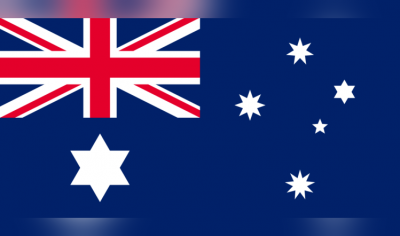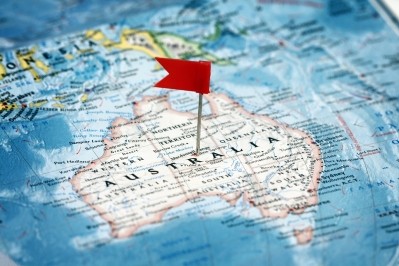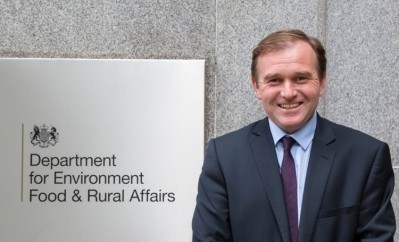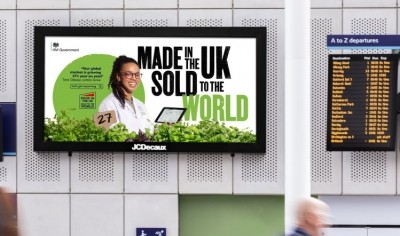UK/New Zealand trade deal 'a major threat' to British producers

The trade deal, agreed earlier this week, promised to cut red tape for businesses, end tariffs on UK exports and make it easier for small and medium-sized enterprises (SMEs) to break into the New Zealand Market.
International trade secretary Anne-Marie Trevelyan said: “This deal is a win-win for two like-minded democracies who believe in free and fair trade. It delivers for families, workers and businesses across Britain, and sets the stage for greater cooperation between our two nations on global challenges like digital trade and climate change.
“It is a vital part of our plan to level up the country: slashing costs and red tape for exporters, building new trade routes for our services companies and refocusing Britain on the dynamic economies of the Asia-Pacific.”
Members of the food and drink were much more critical of the deal, questioning the benefits for producers who – in their eyes – seemed to be getting the shorter end of the stick.
Meat Promotion Wales – Hybu Cig Cymru (HCC) – expressed concern over the need to ensure a level playing field for farmers and the availability of sustainable lamb and beef for consumers.
Setting a precedent
HCC chief executive Gwyn Howells said the outline trade agreement with Australia had set a precedent for other countries to demand similar unrestricted access to the UK market.
“In terms of lamb, although volumes of New Zealand lamb imports in recent years have been below their allowed quota, an unlimited supply from New Zealand in future is a potential threat if there is any disruption in their other export markets in Asia and the Americas,” said Howells. “In terms of beef, this deal will mean an immediate increase in global competition for domestic producers.
“Wales does not fear trade – we produce high quality red meat which can compete with any in the world. But such generous Free Trade Agreements threaten to distort the market.”
Howells argued increased imports from the ‘other side of the world’ made no sense in terms of the environmental footprint of our food and called into question the standards used to produce meat, which could have lower standards of traceability than Welsh lamb and beef.
“Welsh red meat is some of the most sustainable and ethical in the world," he added. "Buying Welsh Beef and Lamb means supporting world-leading sustainable farming and benefits rural communities, British farmers and consumers. We want to encourage more people to eat red meat that is produced this way.”
Sacrificing security
Farmers’ Union of Wales president Glyn Roberts said the deal showed the UK government’s willingness to sacrifice farming and food security.
“The UK Government’s own figures show that the economic benefits for the UK of this deal are microscopic,” Roberts argued. “That’s not surprising given the population of New Zealand is lower than that of Scotland.
“The winners in this deal will clearly be New Zealand as it allows them to up their exports of food to the UK, representing a major threat to Welsh and GB farmers as well as to our food security.”
The New Zealand deal, coupled with the Government’s previous trade agreement with Australia, threatened to intentionally ort carelessly undermine the UK food industry, Roberts continued.
“The removal of farm support and increase in red tape and regulations for UK farmers at the same time trade deals are being struck with countries with far lower regulatory standards adds to this impression.”
Digital benefit
However, Marco Forgione director general of the Institute of Export and International Trade (IOE&IT) said the deal was good news for British exporters and would have a beneficial impact into digital technologies – particularly the digitalisation of trade.
“The IOE&IT particularly welcomes the commitment to improve customs procedures and trade facilitation,” said Forgione. “The agreement’s aim to increase the digitalisation of these procedures and put in place time limits for the release of shipments is welcome and should benefit SMEs in particular.”
“The Digitalisation chapter also promises measures on data flows which will speed up, and better facilitate, trade between the two countries.”
Forgione also welcomed the explicit recognition that it is vitally important that SMEs are able to take advantage of the FTA and the commitment to encourage and support them to do so.
“In the medium term the agreement is also great news for the UK’s aspirations to join the Comprehensive and Progressive Agreement for Trans-Pacific Partnership orientating the UK towards the fast-growing Pacific Rim.”















